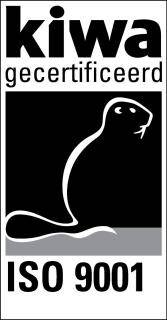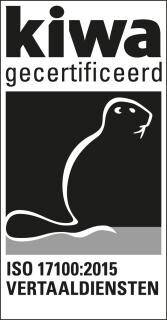Translations for Fruit cultivation
International success with translations
Fruit Cultivation
Fruit growing in the Netherlands is synonymous with apples and pears. But few people are aware that grapes are also grow in the modest hills of Limburg for local wine production and the first 'Dutch' banana was recently grown in Gelderland. The Netherlands earns some 33% of its income from the export of goods and services and as the fifth-largest exporter of goods in the world, its occupies a prominent position when it comes to world trade.
The Netherlands is also the second-largest exporter of agricultural products worldwide. The fruit sector is one of the key drivers of the Dutch economy. Translations for the fruit sector into German, English or other foreign languages are therefore part of the daily activities of translation agency AgroLingua.
Request a quote Request a free trial translation
International trade
For a small country, the Netherlands is a major player in the global trade in fruit products. Did you know, for example, that our country is seventh on the world list when it comes to exporting an exotic fruit like the orange? And remarkably, we also trade more bananas than an economic powerhouse such as the United States. But in both examples, this has more to do with the fruit being routed through the Netherlands than actually growing it! However, domestic fruit growing - soft fruit and top fruit - is a sector of significance.
In addition to growing apples and pears, the Netherlands is also known for the cultivation of apricots, cherries and plums. These fruits are also called stone fruit because of their large stone - or pit- inside. In addition to top fruit grown on trees, another booming sector is soft fruit such as strawberries, berries and raspberries. As well as being home to fruit production companies, there are many tree nurseries that supply national and international growers with fruit trees, bushes and rootstocks.
The sustainability challenge facing fruit cultivation
Today's consumer wields more power and is more critical than ever before. Consumers want assurances that fruit has been produced responsibly and with respect for workers’rights. For instance, if the oranges used to make orange juice have been picked under poor working conditions, consumers will soon start to raise this issue with producers. Quality is also high on the priority list of modern consumers.
They are often only satisfied with premium quality produce that is also flavoursome and safe. These demands have led, for example, to increasing criticism of the use of chemical crop protection agents. Promoting and committing to a better sustainability image can ultimately improve the market opportunities for the fruit growing sector. And this is vital due to the fiercer competition on the European market.
Translations for the fruit cultivation sector
Companies active on the European or global markets can benefit from professional translations. Whether it's a translation of a website, a description of your products or services, brochures or manuals for harvesting machinery or high-precision graders, or the results of cultivation trials, there are numerous reasons to translate your most important documentation.
AgroLingua translation agency provides expert translations for the fruit growing sector into languages that include German, English, Spanish, Italian, French and Polish. We always use native speakers who translate into their own language. They know better than anyone how to convey the right message to your target audience. And apply all the correct terminology used in the fruit-growing sector. So, for the cream of the crop, choose translation agency AgroLingua.
Translation agency AgroLingua: 100% agricultural
Translation agency AgroLingua focuses entirely on the agri-food sector. Our strength lies in the broad knowledge and experience we have in the agricultural world. After years of sowing, nurturing and harvesting, our translation agency and our translations have become the standard! Would you like more information about AgroLingua’s services? We’d be delighted to explain more in person. Please don’t hesitate to contact us!







